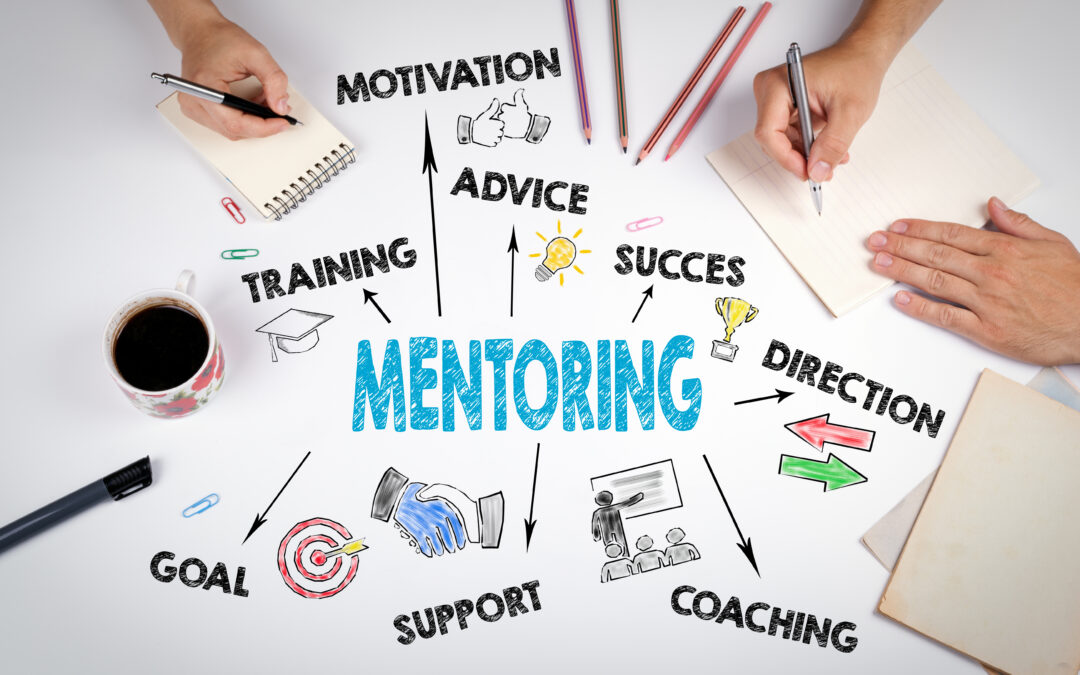Mentorship is a relationship between two people where the individual with more experience can share their knowledge with a junior individual within their field. Mentorship can provide many benefits for both the mentor and the mentee and is a valuable tool for developing the next generation of leaders. Developing a mentor-mentee relationship helps both parties to learn new things, grow a strong professional network, and build leadership skills.
What Do Mentors Do?
A mentor serves as a trusted advisor and ally to another professional that wants to grow in their career. Mentoring someone can be a long-term relationship, or it can be a one-off meeting to discuss a specific topic. A mentor encourages and enables another person’s professional or personal development by serving as a source of knowledge and experience. Mentors can help new professionals set goals and will help hold them accountable for those goals. Mentors are trusted allies willing to listen, provide advice and make connections that are valuable for career advancement. Mentors can be found within an organization or be a personal relationship outside the workplace. They are usually in the same profession, but that is not always necessary. Mentorship is different from coaching services in that it is a free resource. Mentors take on this role out of a genuine desire to help other individuals grow as professionals and establish personal connections.
Why Should a Leader Consider Being a Mentor?
Anyone that wants to establish personal connections and improve their leadership skills should consider becoming a mentor. Being a mentor creates opportunities to build interpersonal skills like communication, active listening, emotional intelligence and collaboration. Being a mentor can also help you strengthen and retain your own knowledge and skillset. For example, a mentor may help a mentee learn negotiation skills through role-playing, providing practice for both of you! Mentoring others can easily become a learning opportunity for the mentor. A mentee may know about technical advancements and recent trends in the workplace they can share with their mentor. Being a mentor is also an opportunity to build professional networks and connect with people from different backgrounds or generations.
What Skills Do You Need to be a Mentor?
Effective mentors must have some essential leadership skills. A great mentor has excellent communication skills, emotional intelligence, and experience in a field related to the mentee’s profession. Mentors must be skilled in giving constructive feedback, holding others accountable for their goals, and building positive relationships. A mentor must also be good at managing their own time and energy to be available to the mentee without sacrificing their productivity and mental health. Great leaders never stop learning, so mentors should always be willing to sharpen their own leadership skills.
Why is Mentorship Important?
Mentorship allows individuals with knowledge and experience to share what they have learned with someone new to their field. Within an organization, it is an important way for leaders to develop up-and-coming talent, create paths to promotion, and improve employee retention. Mentorship outside a company is a meaningful way to give back to the community, grow professional networks, and strengthen leadership skills.





